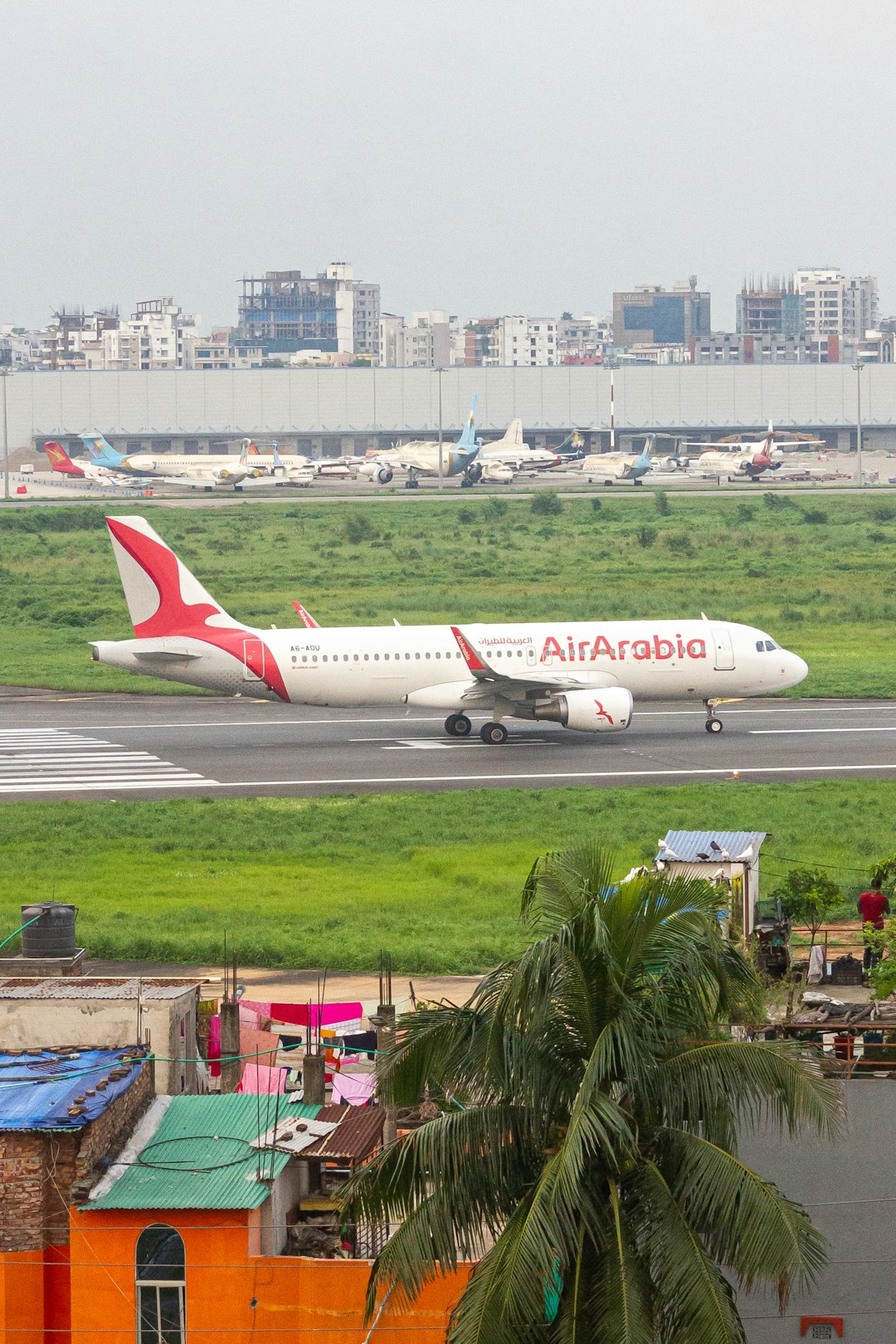Grounded Oversight: Why the Cancellation of Air India's Audit Raises Turbulent Questions
India’s aviation sector has soared in recent years, positioned as a global growth engine. Yet, the recent decision by the country’s Directorate General of Civil Aviation (DGCA) to cancel a scheduled audit of Air India—its national carrier—warrants deeper scrutiny. When a crucial regulatory inspection is called off without public explanation, the implications reach far beyond bureaucracy.
The Stakeholders Behind the Decision
Air India is not just any airline; it is a state-run flag carrier currently undergoing transition under Tata Group ownership. The DGCA, India’s aviation watchdog, is charged with the mission-critical mandate of ensuring passenger safety and industry standards.
The Heart of the Controversy
Why was the audit cancelled now? This move has major ramifications in a country where safety audits have previously exposed problems ranging from maintenance lapses to pilot shortages.
| Perspective | Pros | Cons |
|---|---|---|
| Airline (Air India/Tata) | Avoids operational disruption; demonstrates regulator trust | Risks perception of regulatory capture; missed improvement opportunity |
| Watchdog (DGCA) | Flexibility, possible resource reallocation | Erodes credibility; questions about transparency and motive |
| Passengers/Public | - | Reduced oversight; heightened safety concerns |
The Bigger Picture: Safety, Transparency and Reform
Aviation oversight is not a mere procedural formality. Past audits have led to critical findings—such as outdated pilot training or insufficient maintenance documentation—prompting airlines to tighten practices. For a legacy carrier like Air India, under transformation and expansion, continuous independent assessment is vital to restore public faith after decades of criticism over punctuality, financial mismanagement, and customer service woes.
Cancelling an audit, without public reasoning, risks fueling speculation about regulatory leniency or undue influence. At a time when India’s skies are more crowded—both with new airlines and returning passengers—trust in regulators is the bedrock of sustainable growth.
Global Context: India at a Crossroads
Globally, robust oversight distinguishes high-performing aviation markets from those plagued by avoidable accidents or scandals. India’s aspirations to rival aviation hubs like Dubai or Singapore hinge not just on fleet size, but also on uncompromising standards.
“Aviation runs on trust—between operators, regulators, and flyers. Any action that clouds that trust, even in appearance, can have far-reaching consequences,” observes an industry analyst.
Actionable Insight: Going forward, the DGCA must emphasize transparency, providing clear explanations for any deviation from routine inspections, particularly at high-profile carriers. This is not just about safety, but about maintaining the credibility of Indian aviation at home and abroad.
This article was inspired by the headline: 'India's aviation watchdog cancels planned Air India audit, sources say'.

Comments
No comments yet. Be the first to comment!